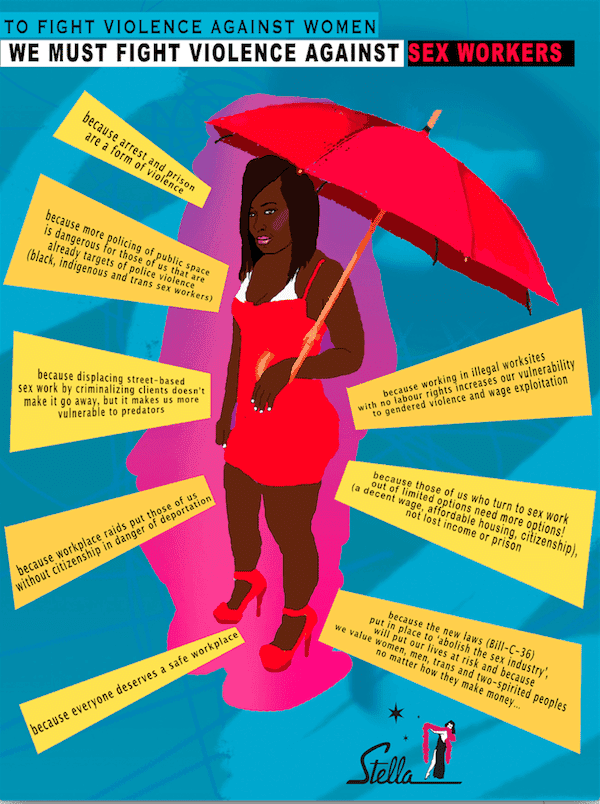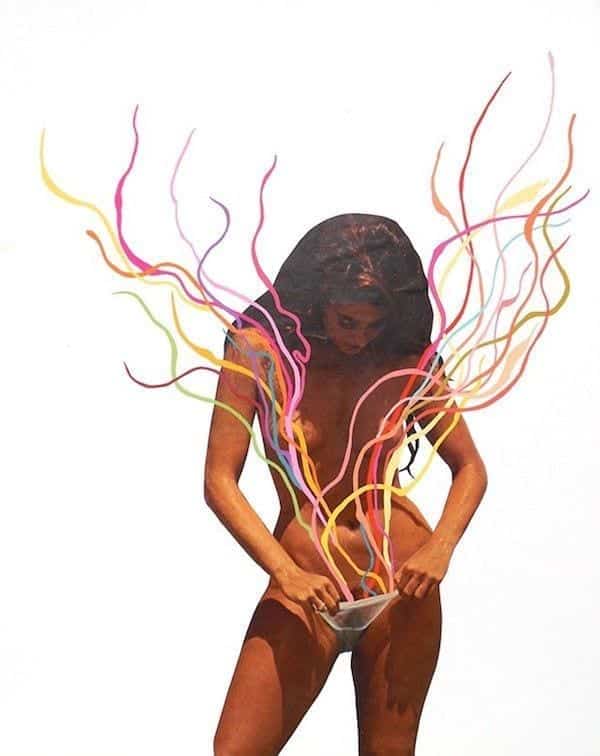Artists can be natural activists. They have a strong desire to express themselves and many want their voices heard. But if you’re pursuing a creative career, cultivating buyers, clients and a following, should you mix social media and politics and share your views online? No matter what end – or middle – of the political spectrum you’re on, could you be alienating your audience? Or should you stay true and transparent to what you believe in and use these platforms to make an impact?
Getting political on social media can have a range of consequences for anyone. While some might argue that an artist’s political voice is often integral to their work, others would argue that doing so could negatively affect your sales and turn off your audience. Whether you favor Instagram, Facebook, Twitter, Snapchat or online forums and groups, could you potentially be harming your career, networks and livelihood by mixing social media and politics?
Artist Dana Schutz’s Painting Controversy
The controversy stirred at the 2017 Whitney Biennial, involving Brooklyn-based painter Dana Schutz, is just one example. The artist came under fire over her painting Open Casket, depicting the open casket of Emmett Till, a 14-year old African-American boy who was brutally murdered in 1955 in Mississippi after he had been falsely accused of flirting with a white woman.
The painting sparked massive protests on social websites across the art world criticizing Schutz, a white woman, for choosing the subject. The first wave of outrage went viral on Twitter, in an image tweeted by artist Parker Bright. In the photograph, Bright can be seen blocking the painting from view. The conflict only grew from there, until Berlin-based artist Hannah Black called for the removal of the painting from the Whitney’s exhibit, and even recommended having it destroyed, garnering scores of signatures on a petition.
Black’s campaign against Schutz has resulted in many artists taking to social websites to both defend and disagree with the artist’s work. Schutz tried to mitigate the situation, expressing her deep empathy with Till’s other, as she was a new parent and couldn’t imagine the terror that a mother must feel. However, the issue developed a second wind online.
Social Media and Politics Have Pros and Cons
As a more established artist, Schutz’s career has endured. In fact, one could argue that the controversy sparked renewed interested in the painter. But the same wouldn’t necessarily be true for an emerging or relatively unknown artist or highly established one. You can have different approaches to share your political views on social media, either through visual art, writing or videos.
While some work – political art or otherwise – is enhanced through conversations that occur online, these interactions can often escalate quickly and can reflect negatively on the artist in the process. And, depending on who’s listening, the context (correct or not) and timing of your views may be at the perfect moment, or could be seen as tactless or uninformed.
For Schutz, this is of particular note because her intent was not political in nature, but rather maternal. Yet, for better or worse, in today’s society, context is everything, not intention. Artists using social media to express political views may be challenged by others that they don’t have hte right to comment on an issue if the they don’t share the same, race, gender or ethnicity as the subject.
Jessica MacCormack, who is also known as “Jess Mac,” is a Canadian interdisciplinary artist whose work touches on a host of topics, and often uses social websites to play with ideas of persona. MacCormack’s work, which is often posted online through sites such as Facebook and Tumblr, seeks to engage their audience in a different way.
“I have primarily been active on two social media sites: Facebook and Tumblr. With Facebook, I started from a more ‘authentic’ performance of self- whereas with Tumblr, I experimented more with anonymous audiences and popular forms (memes, text, and gifs). As news articles became more a part of Facebook, I started sharing more political views as well. This, in turn, heightened my awareness of social movements and also partly engendered my in-real-life [IRL] participation in them,” MacCormack said.
“In time, I believe this led to me becoming a more engaged activist and community member. Meanwhile, because of my Tumblr, this led to me being hired to create content about sexual assault for Obama’s White House Tumblr for the ‘It’s on US’ campaign.”

Jess McCormack’s poster creates awareness of the plight of international sex workers.
While MacCormack has actively shared their views via Facebook and Tumblr, and also makes political art that is shared across these channels, this activity has also resulted in some professional roadblocks.
“I have lost out on some professional art opportunities due to my political positioning – but have gained many community and activist-oriented opportunities, as well,” MacCormack said. “But this can also be said of my ‘offline’ political activity. While I was a professor at Concordia University, we went through the Quebec Student Strike, also known as the Maple Spring. During this time, my more radical political views became more integrated and more public. I don’t think this helped much with future university employment,” McCormack said.
While this has created some issues for the artist, other artists are determined to use social media as an accessible global platform to make their political views known. They are continuing to use social websites to voice their opinions and share work about these important topics.
Heather La Force, a Boston-based painter, is an artist who generally reserves conversations about political topics with people for face-to-face interactions. “I generally reserve political discussion for in-person settings. In a social media context, I observe too much hostility and it feels toxic,” La Force said.
Expressing Political Views and Creating Political Art
Elizabeth Amento, a painter who works with images found from vintage magazines, echoes La Force’s sentiments. “I choose not to overly display my political views on social media. That being said, you’d have to be pretty dense to not see that my art is political art, and extremely feminist,” Amento said.
The San Francisco-based artist did notice post-election, however, that her work did take on new meaning, and decided to display this through social websites. “I have noticed that during the election and the repercussions after, I was able to repost some of my older work with different wording, and capture the mood amongst my fellow frustrated females,” she said.
Because Amento’s work is feminist in nature, there is the chance that it will be received in a particular way. “It’s hard to say exactly how I am perceived by others. I feel positive energy and support from my friends, and those are really the people whose opinions I care about,” Amento said. “I’ve been a feminist for a long time, probably my whole life, so it’s interesting to see the movement gaining momentum and the word not being as stigmatized,” Amento added.

Elizabeth Amento’s “The magic within,” found image and gouache on paper, 2017.
However, when it comes to sharing her views via her social websites, Amento has a more nuanced approach to this. “I don’t find myself outright sharing my views on social media, it’s more subtle,” she said. “I have thought to myself that I don’t want to offend anyone or be seen as someone who has limited views, because I think we are all capable and should be more open to learning from each other. On the other hand, I am not someone who wants to actively engage with comments. While having a social presence is necessary, it’s important to have some privacy.”
While some of Amento’s later work has been more risque, it is hard to say whether this has affected furthered interest surrounding her art and career. “I have sold some and have had some be invited to a group show. It’s hard to measure the difference in interest though, at least at this point,” Amento said.
As these artists have pointed out, it’s important to have a series of checks and balances when it comes to sharing mixing social media and politics, no matter what the issue is about. As MacCormack noted when explaining that her political activity harmed her marketability for a university position, determining who you would like to target as an audience or potential client is an important first step when deciding whether to express your political viewpoints on social media. However, as the social and political landscape changes, the need to share viewpoints and political art on social websites may eventually become more forgiving. As an artist, its important to use your voice; but understand that doing so may have repercussions.
What are your thoughts on social media and politics as a vehicle for activism, impact and expression? Let us know in the comments!
